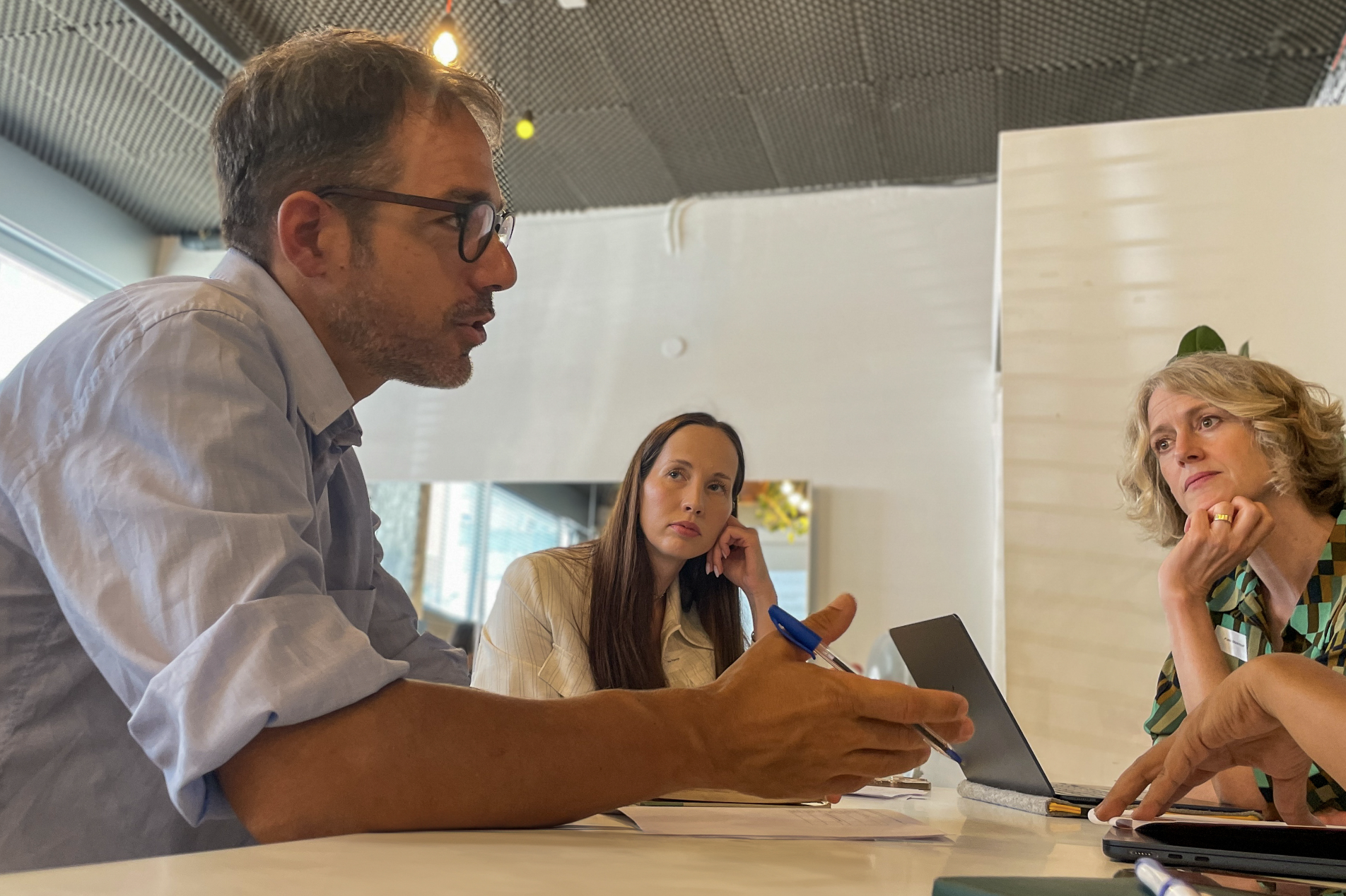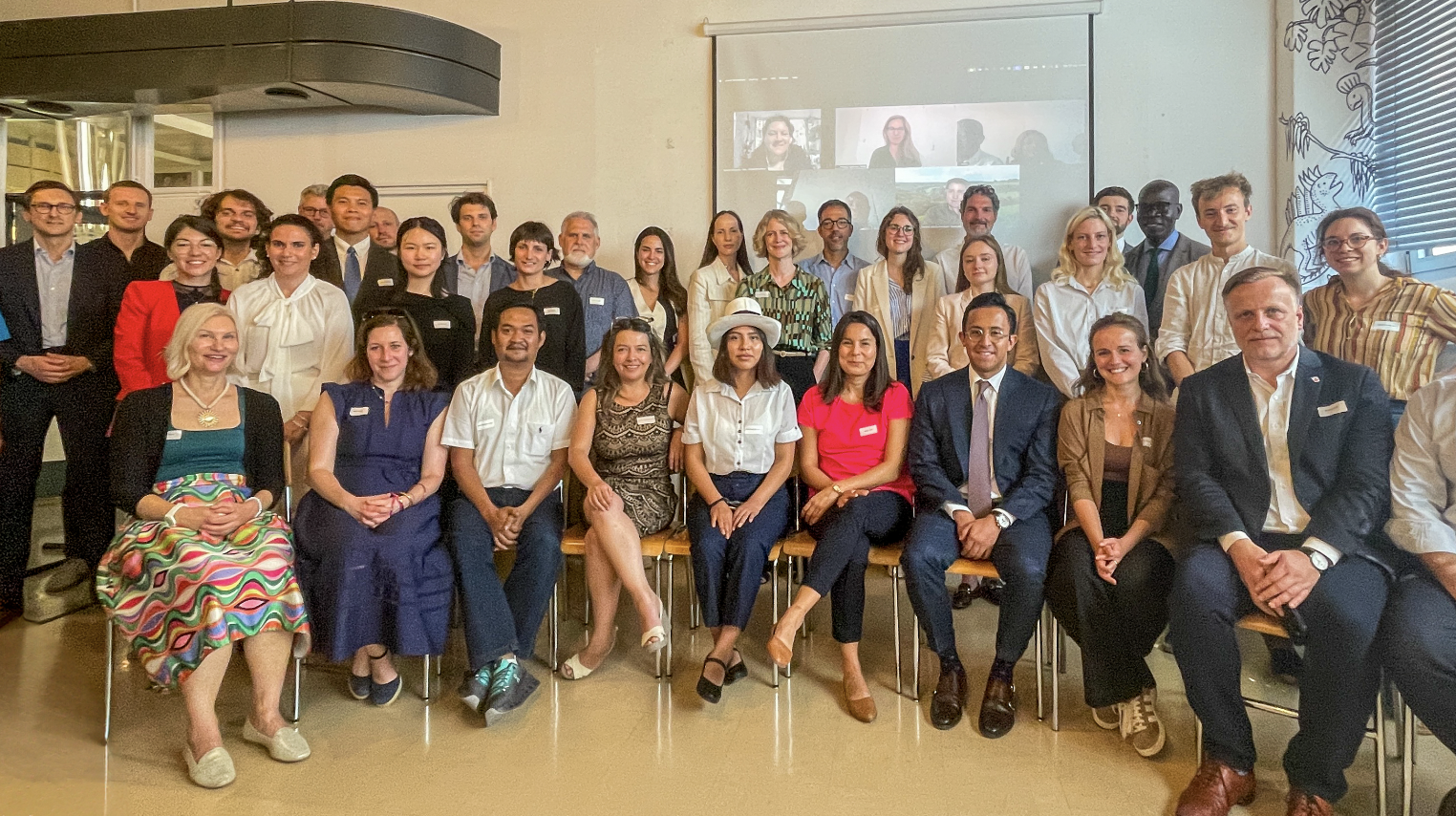Environmental international crimes are among the most pressing and complex challenges of our time: from large-scale pollution to the destruction of ecosystems and the criminalisation of environmental defenders, these acts often occur in contexts of systemic injustice and impunity, where legal responses are limited, fragmented or entirely absent.
To address these challenges, Source International and five international partners are developing the Guidelines on the documentation and investigation of environmental international crimes. The guidelines will be the result of a long joint effort, shaped through a participatory consultation process that started with an expert meeting held in Geneva on 17 June 2025. More than forty participants, including lawyers, scientists, civil society actors, human rights defenders, and community representatives, came together to share insights and identify the tools needed to support more effective, inclusive, and legitimate investigations.
This Guidelines will be designed as a practical resource for a wide range of actors: from legal professionals and investigators to environmental organisations, grassroots communities, and scientists. The document will offer concrete methodologies for collecting and preserving evidence of environmental harm, building cases that meet legal standards of proof, and navigating the technical and political complexities that often accompany environmental litigation.

Crucially, the Guidelines will be rooted in an interdisciplinary and victim-centred approach, recognising that justice must not only be effective, but also accessible, culturally relevant, and grounded in the lived experiences of affected communities. For this reason, it places strong emphasis on participatory knowledge production, the integration of local and Indigenous knowledge systems, and the ethical imperatives of protecting communities and defenders from retaliation.
The document also reflects a growing legal shift: from human-centred frameworks to those that recognise the rights of nature. It addresses the challenges of proving causality in slow-onset or diffuse harm, the need for better coordination between legal and scientific actors, and the importance of building strong, transdisciplinary alliances to hold powerful actors to account.

As Mireya Sosa Navarro, a 22-year-old activist from Cerro de Pasco in Peru, expressed during the Geneva consultation: “This guide is a tool of justice. It gives power to the people. And this guide should be practical. It should speak to people like me who are fighting every day for justice". In the next months, the Guide will be disseminated globally and supported by training activities and partnerships aimed at strengthening its use in different regions and legal systems. It is available in multiple languages and formats, and will continue to evolve as a living document informed by the experience of those using it in the field.
This project is a joint initiative of TRIAL International, Justice Rapid Response, the Institute of Commonwealth Studies, the School of Advanced Study, Physicians for Human Rights, and Source International.
The report on the expert consultation conducted in Geneva to create the first guidelines on the documentation and investigation of environmental international crimes is now available here.